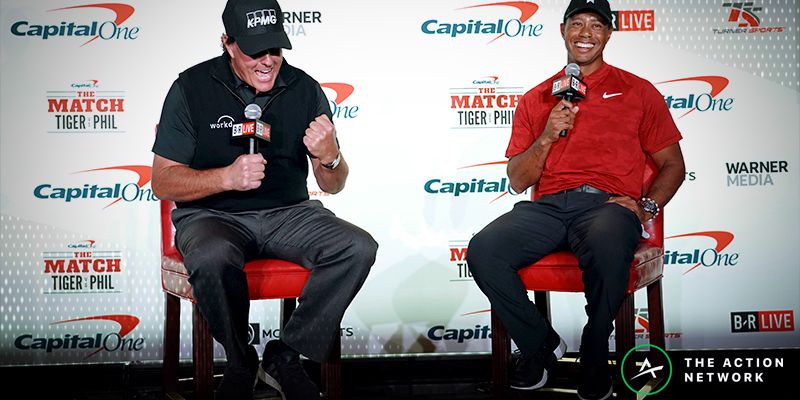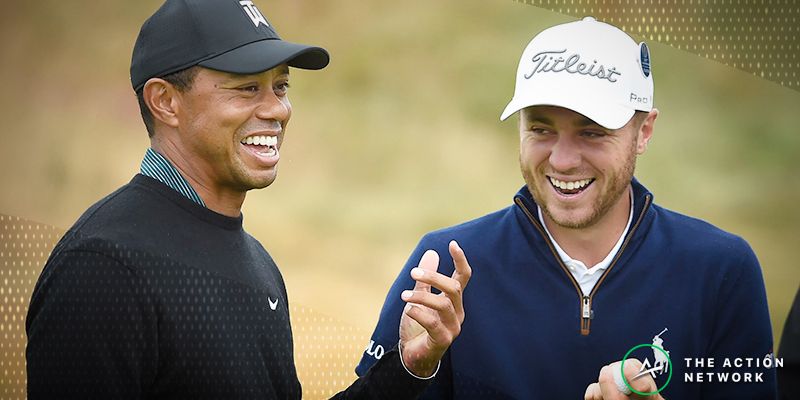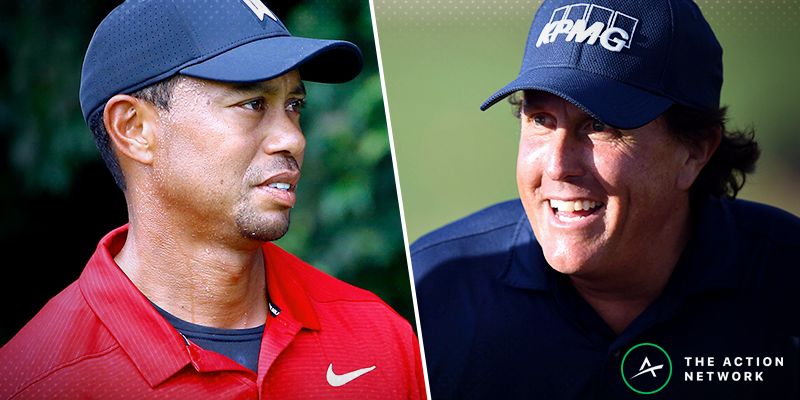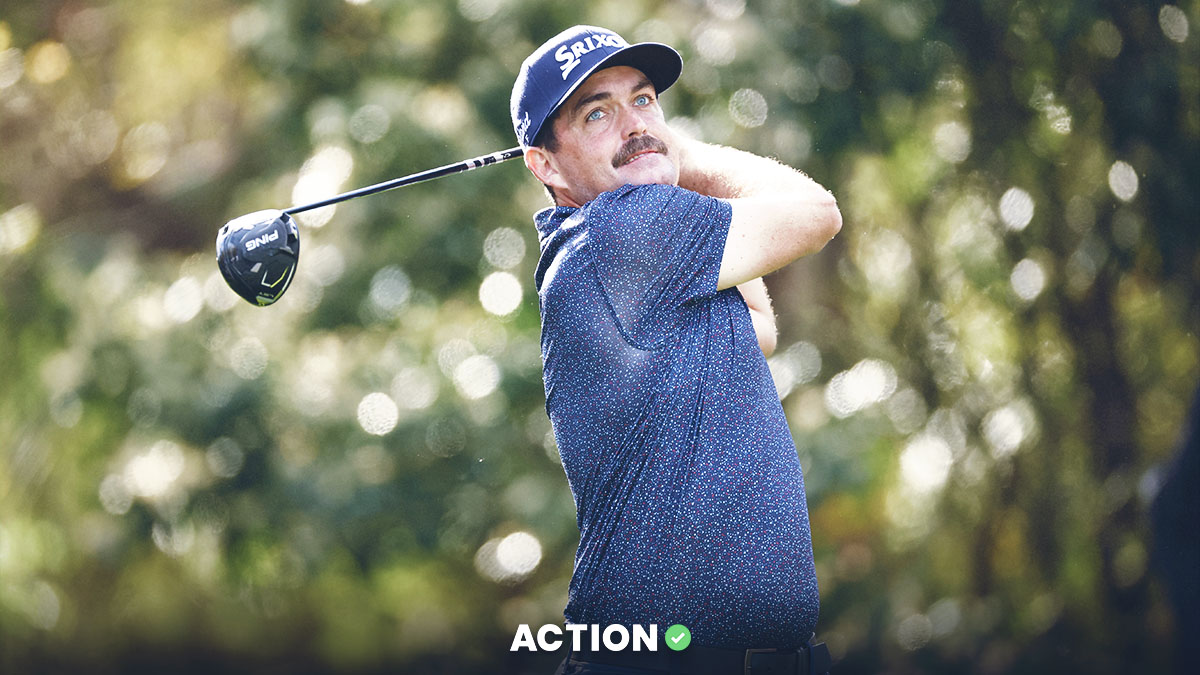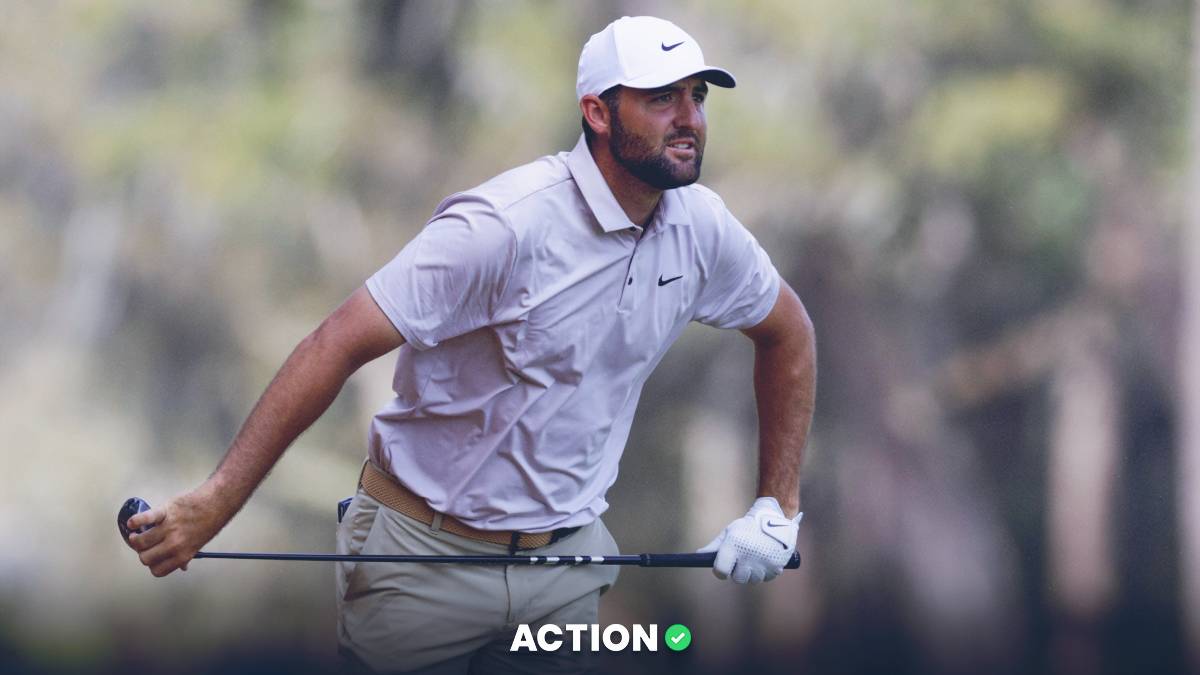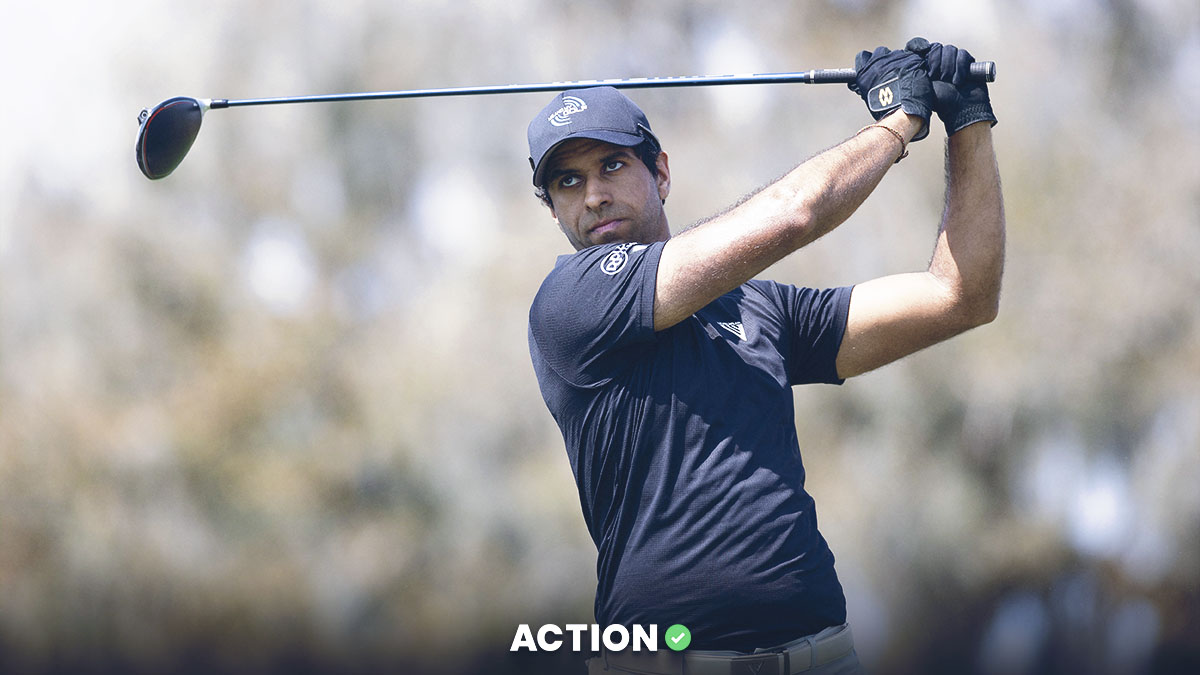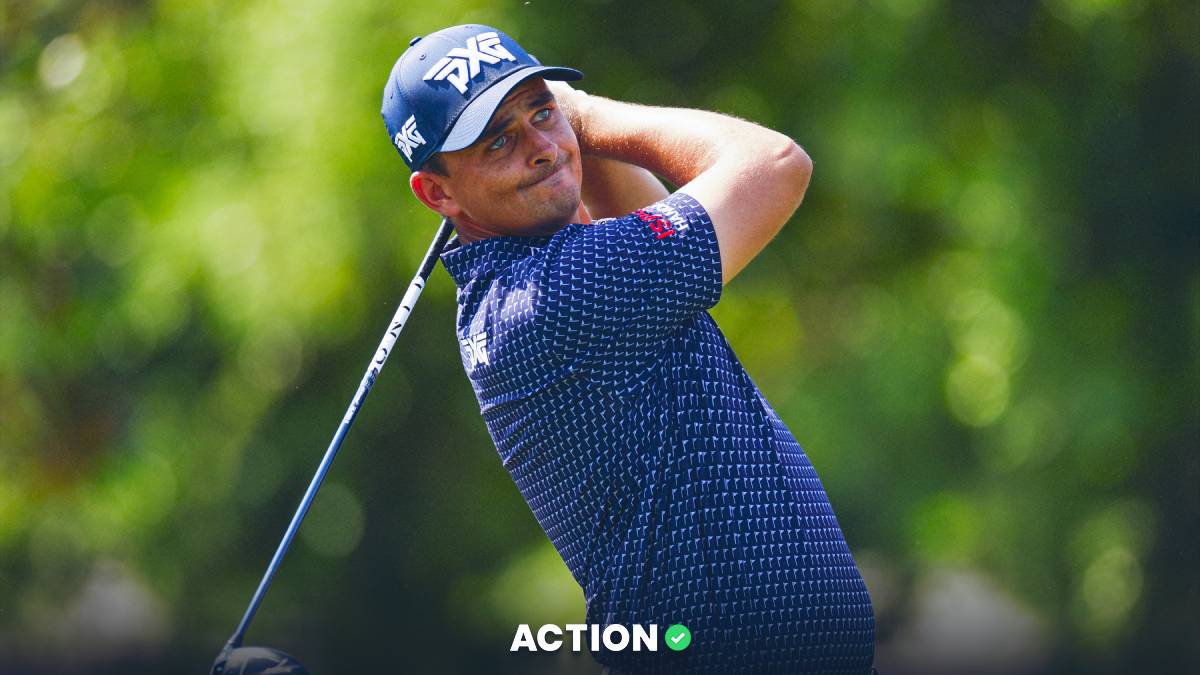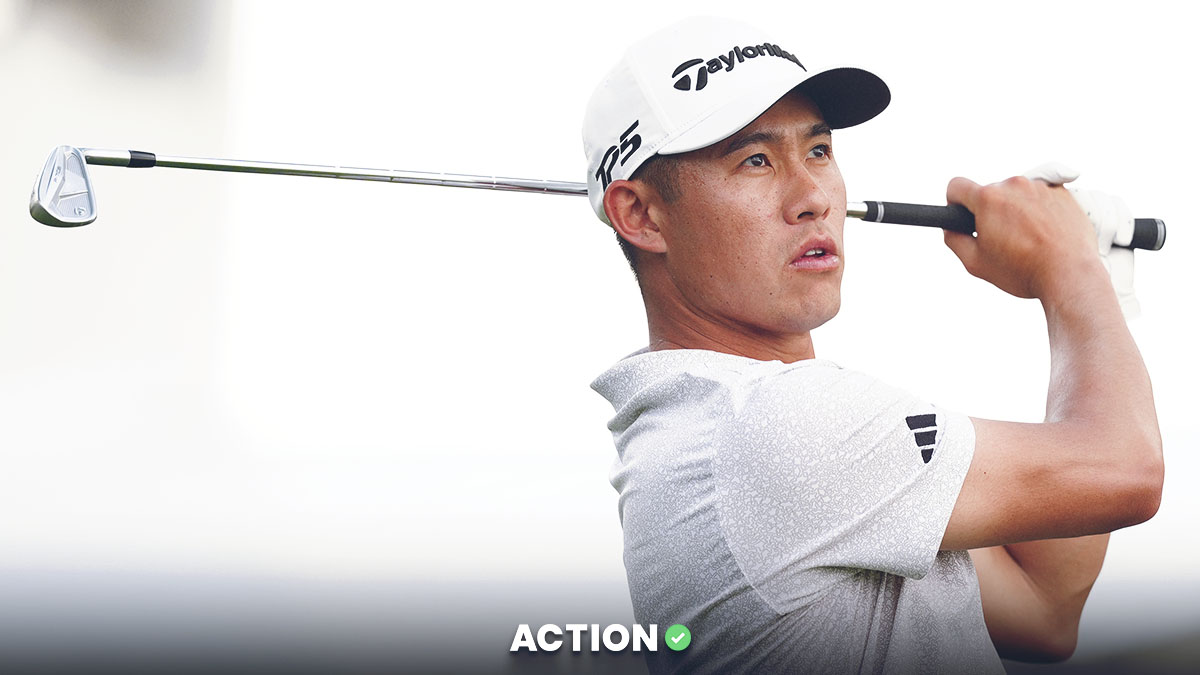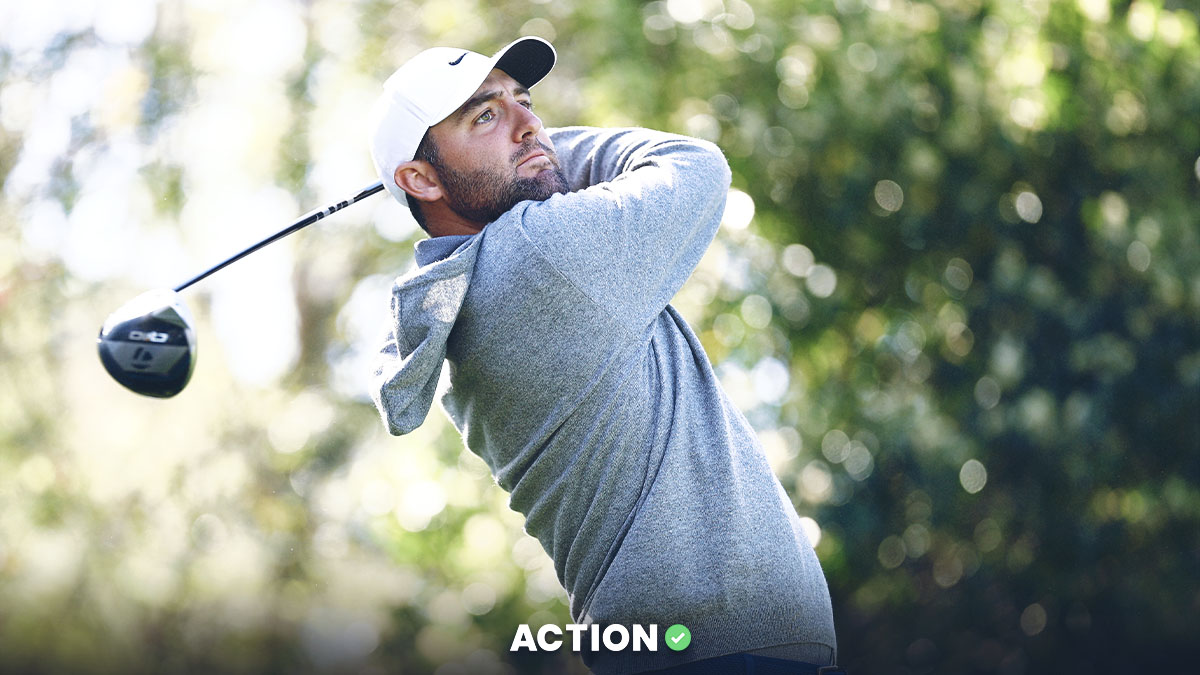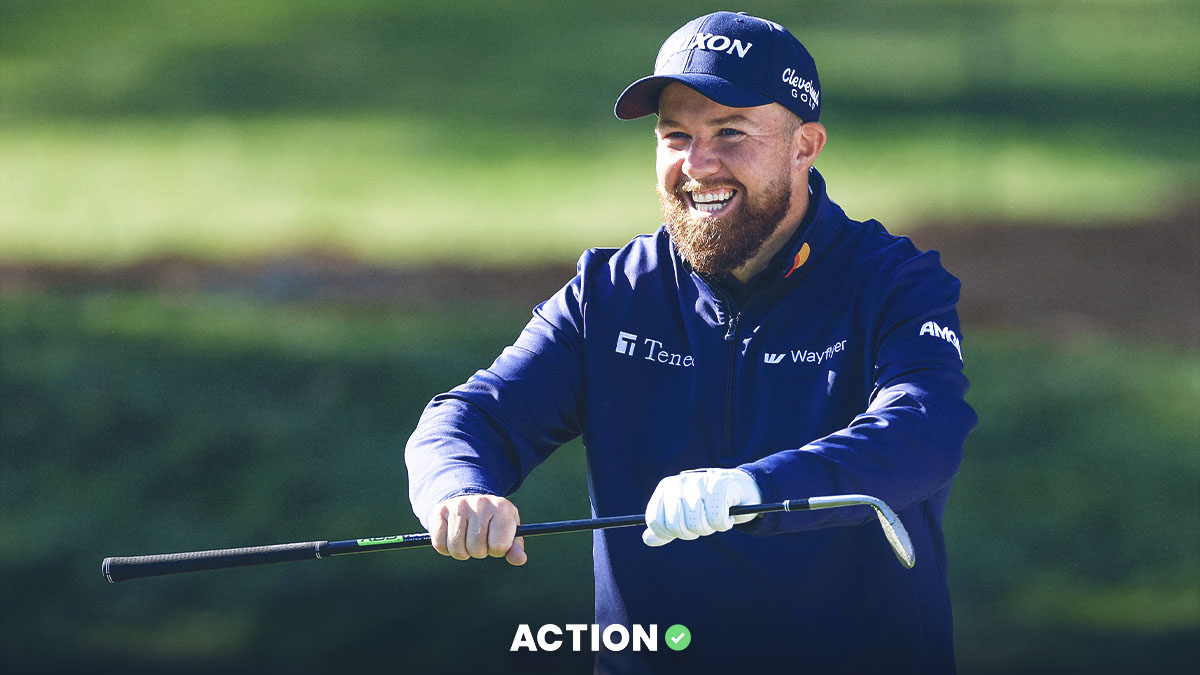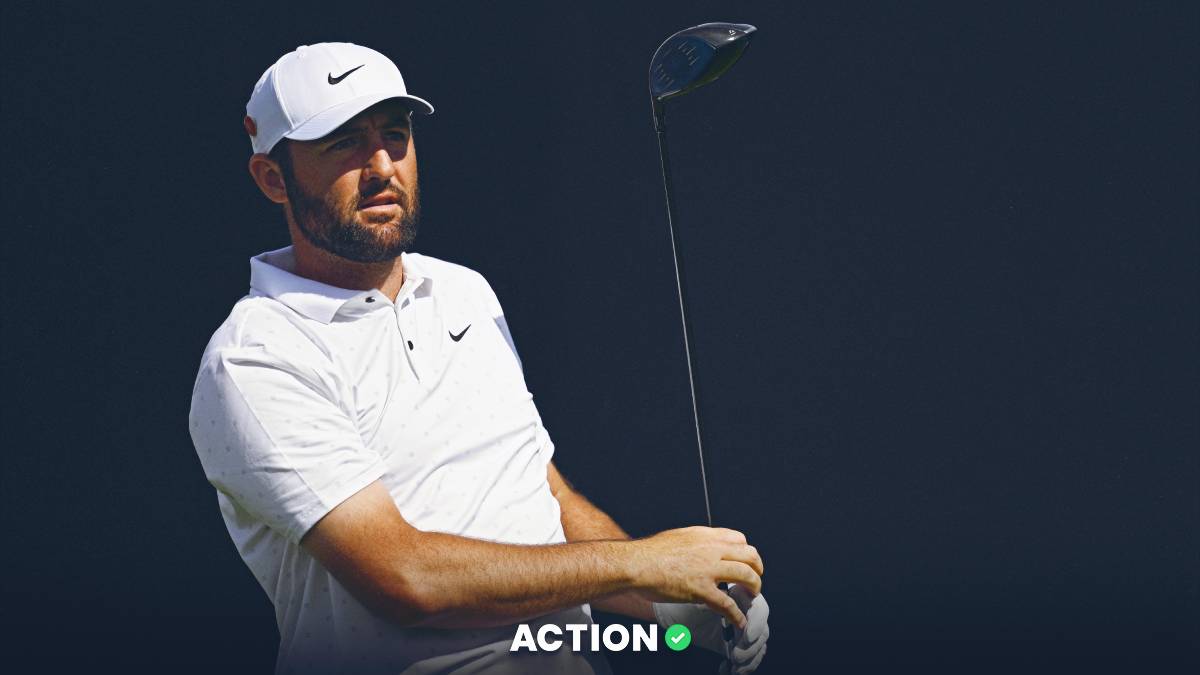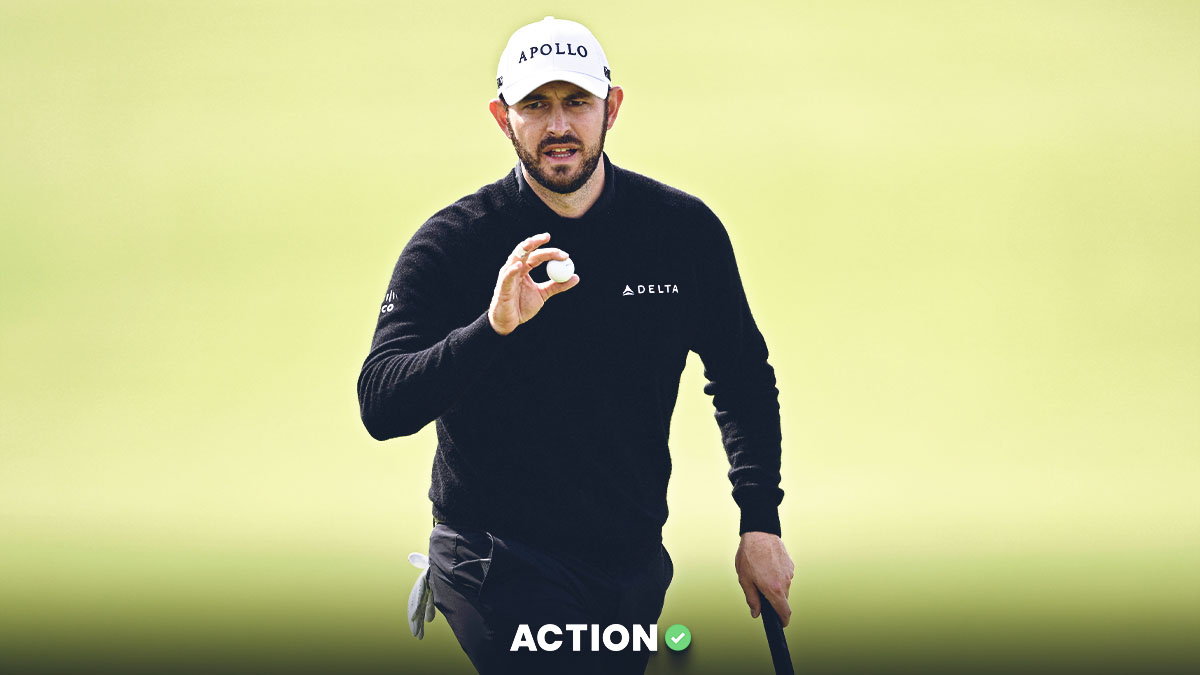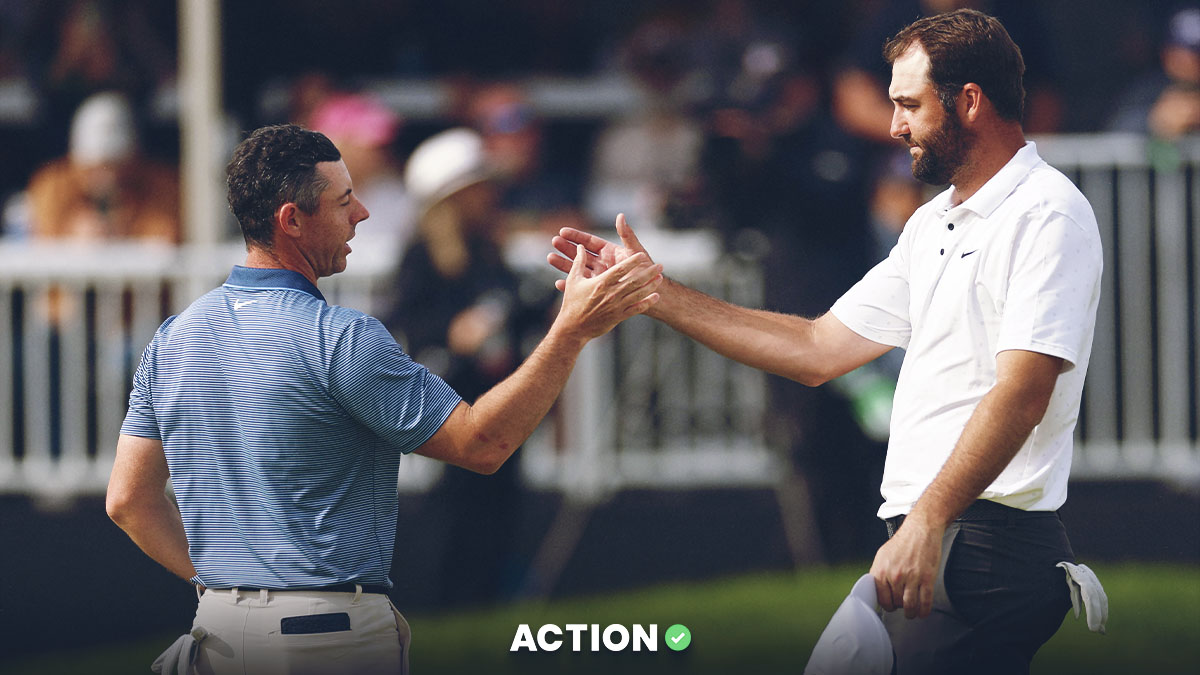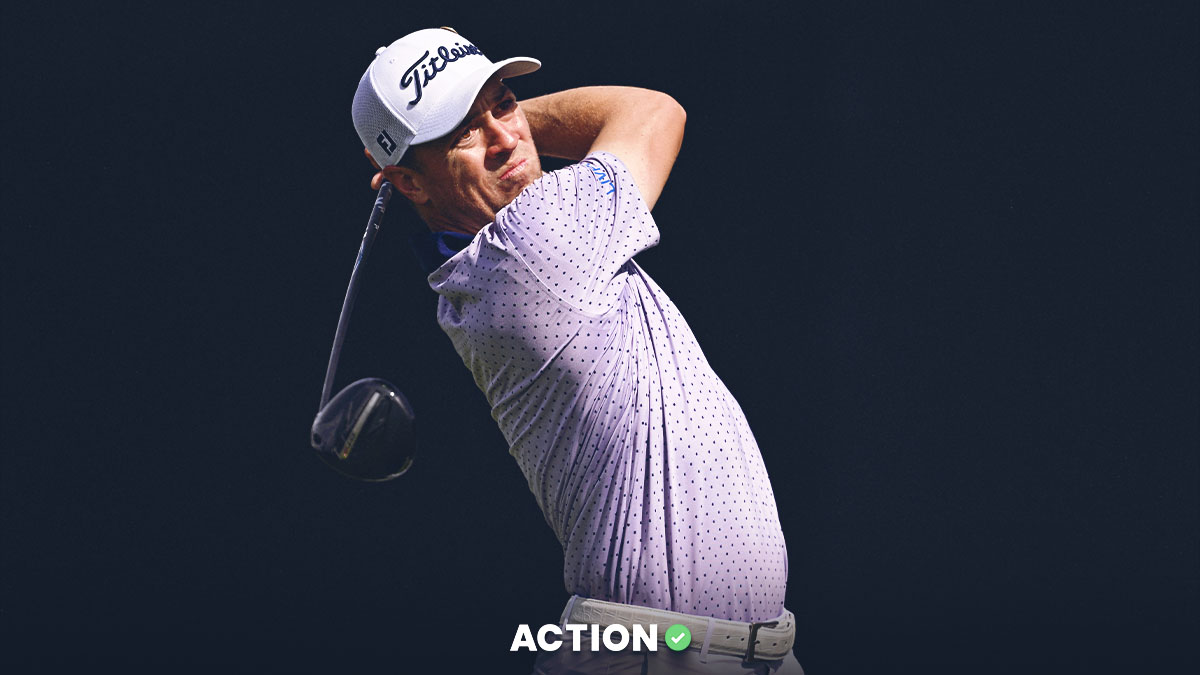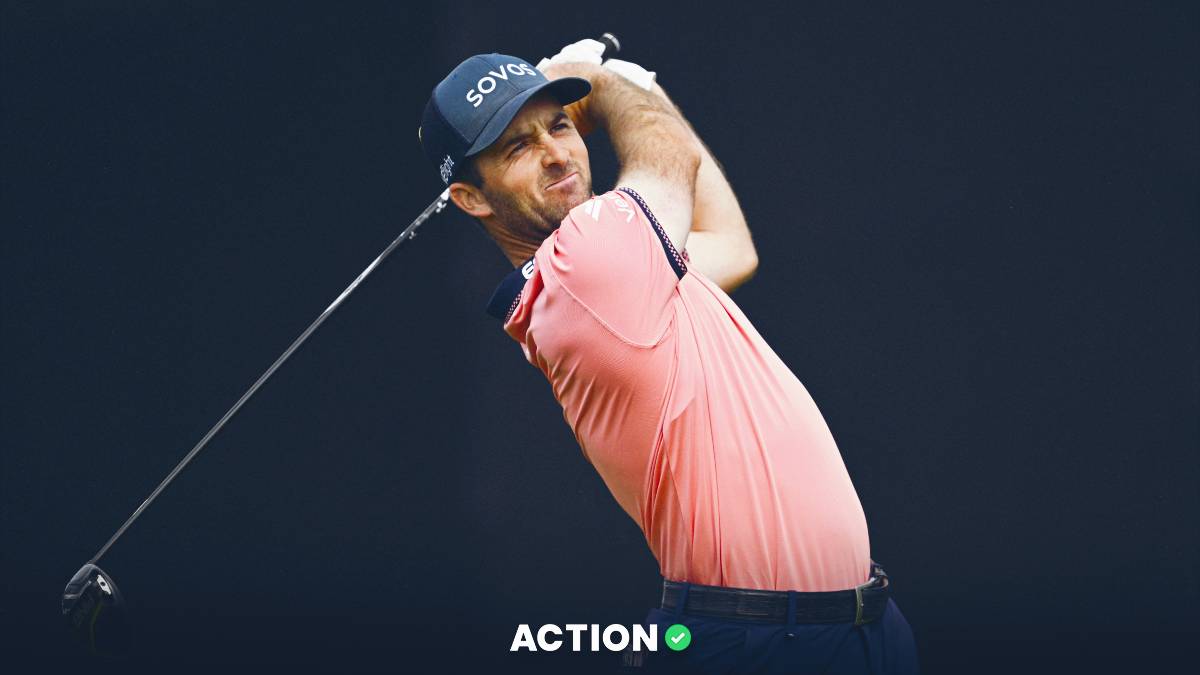It took a little while, but the tough questions were finally asked.
Most of Tuesday afternoon’s press conference to promote “The Match” between Tiger Woods and Phil Mickelson was filled with a combination of cliched banter that sounded like they were reading off cue cards and serious, sentimental thoughts about what each one most respected about the other’s career.
It wasn’t until just before the end of the Las Vegas-based press conference that a few questions were asked which reflected the public’s continuing criticism of specific details of the match.
The first was in regard to the greatest denunciation of this event – the fact that Woods and Mickelson are competing for a hefty sum that isn’t coming out of their own pockets.
"Wouldn’t this match be a lot more fun if the $9 million was coming out of your pockets?"
Mickelson, who clearly is the more vocal defender of the two players, took this one.
“Well, we’re going to have multiple side challenges that are going to be in the six-to-seven figures that will be coming out of our own pockets, so some of that is very much true,” he said. “But this event needs to be for a number that makes us nervous and makes us uncomfortable – and it definitely is. Because of that, I think both the $9 million that we’re playing for, along with the hundreds of thousands and ultimately a million or two that we’re playing for in side challenges throughout the match, I think it’s enough for us both to feel uncomfortable and to feel the pressure.”
Consider that an answer to the question that didn’t really answer the question.
What he could’ve said was something along the lines of this: “Yes, of course it would be more fun to play for our own money. But the TV reporters in attendance here don’t put up their own money to do their job. The writers don’t put up their own money. The cameramen don’t do that. We have sponsors who are willing to post these stakes, so it would be fiscally irresponsible to turn them down. Besides, like I said, this is our job. If I put up my own money and lost, I’d just write it off on my taxes next year. No big deal.”
Look, I get it. Everyone who’s ever played as little as a $2 Nassau has staked their own cash to their golf game, knowing the inherent risk of playing poorly.
These two players competing for $9 million of someone else’s money reeks of greed and opulence. And you know what? You’d do the exact same thing.
Think about it: You’re about to go play a match against one of your regular golf buddies. You can either put up 100 bucks of your own cash or … I’ll give you the money.
Really. You can bet with my money. Anything you win, you keep; anything you lose, I pay.
Only those who would reject the terms of that deal should still be complaining that Tiger and Phil aren’t risking the entire pot from their own checking accounts.
Anyway, on to the next question, which addressed yet another issue some have with this match.
"[People] are of the opinion that this is more about the money than growing the game. What do you say about that?"
No surprise, but yet again it was Mickelson who controlled the microphone in response.
“This event is designed to be a unique experience for a golf viewer and to have an insight into what goes on with a player – to create a production, from drone coverage to on-screen gambling to live mics and interaction,” he explained.
“It’s an insight into the game that you’re not normally able to see, which is why we’ve chosen each decision. It’s why this is on pay-per-view. We had to eliminate the commercials to have that insight in between the shots. We had to create the pressure and the tension of a huge event. We don’t have the history of the Masters or major championships, which is why the number had to be so high. That creates an uncomfortable environment for us. It creates pressure. When you put all those things together, we’ve created an experience for the viewer at home that will be totally unique and different. And hopefully, viewers will start to understand and appreciate that, and appreciate what we’re trying to do for them. But hey, it’s not for everybody. If you feel like you’re missing out, you probably are, because it’s going to be something different that we haven’t had before.”
This was a much better answer to the question than his previous attempt.
There is no tangible way of quantifying how any singular event helps “grow the game,” but I’d be willing to guess that more non-golf fans take interest in this during the post-Thanksgiving slumber than they did in every early-season PGA Tour event that’s been contested so far – combined.
I especially appreciated Mickelson’s interjection as to why this event is being aired on pay-per-view rather than network or cable television.
You might be plunking down $19.99 to watch a sport you’ve never previously paid to watch, but you’re also getting some bang for that buck, with both players and caddies mic’d up and no commercial breaks to break the rhythm.
Nobody should be under the illusion that this match will somehow vault the game into a greater hierarchy on the usual sporting landscape, but failure to understand how this could, in some small way, help grow the game is a failure to understand some of the nuances of this product which will be unlike any broadcast we’ve witnessed before.



